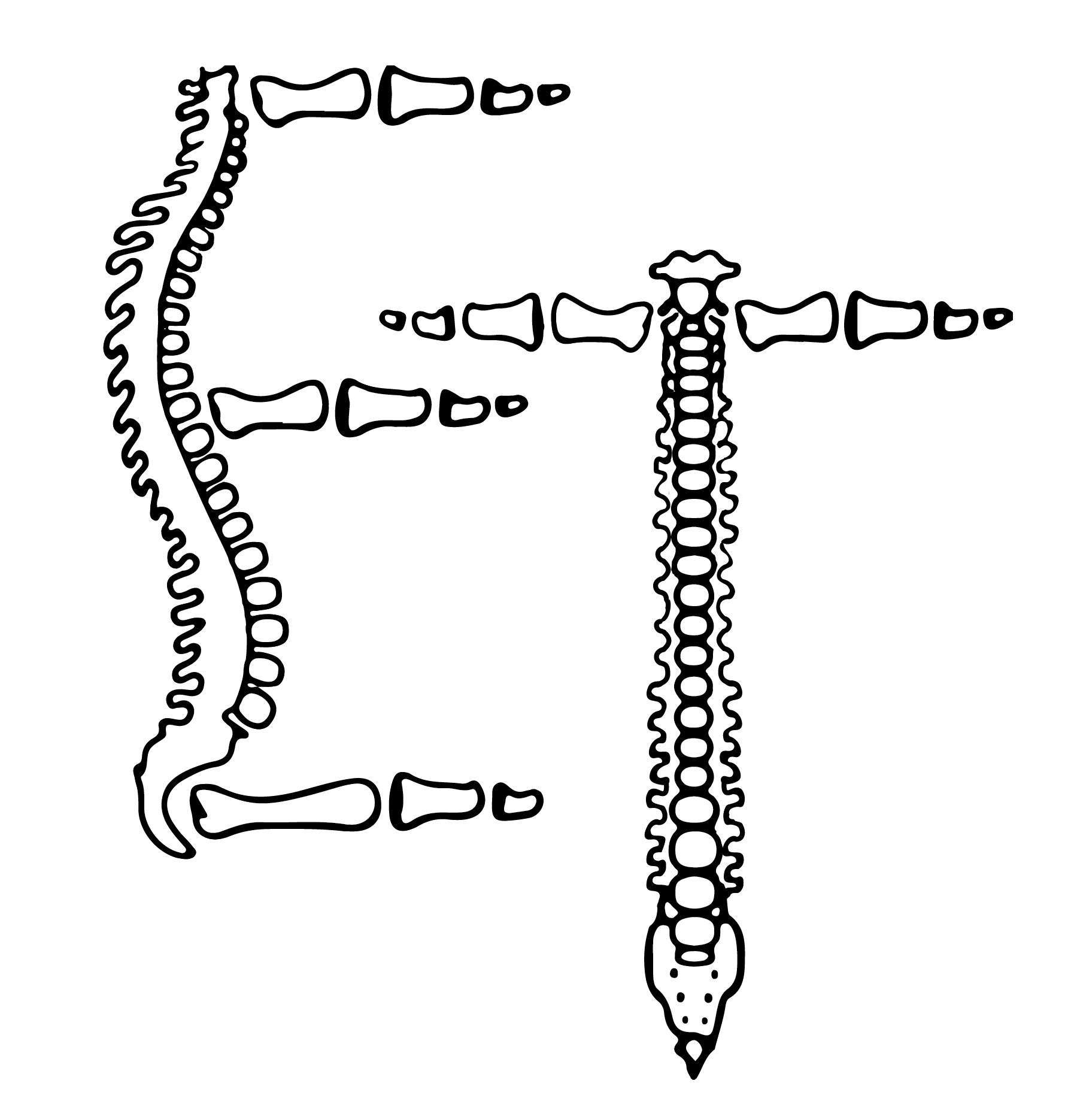What To Do About Degenerative Neck Pain
Neck pain is one of the chief areas of concern for chiropractors. While sudden injuries to the neck are often painful, slowly developing conditions that cause chronic pain and fatigue are even more common. This month, we’re going to take a look at some of the common reasons for persistent soreness, conservative treatment options, and what lifestyle changes patients can make to manage or prevent symptoms.
Consequences of a Pinched Nerve
The nerves connect to the rest of our body from the spine through holes in the vertebra called foramina. A compression in the spinal cord or the branching nerves could cause pain, numbness, tingling, and dysfunction between where the nerve arises and the body part it connects to. Since so many nerves pass through the neck bones (cervical vertebrae), a pinch here could have especially serious implications for the body. A compression in some nerves that emerge from the middle cervical vertebrae could interrupt the diaphragm, while compression in nerves emerging from the lower part of the neck could compromise the arms and hands. Neck pain is always worthy of treatment, but severe pain that spreads to the rest of the body requires especially urgent attention.
Strains and Sprains
Not all dysfunction in the neck is directly related to nerve compression. An adult’s head usually weighs about ten to eleven pounds, and our neck muscles, tendons, and ligaments are working all the time to support it. It makes sense that when the neck is held in a certain position all day, such as when a person is looking at a computer, it will be sore afterward. Good posture and stretching can ameliorate this, but the best thing is to change positions frequently, so the soft tissues don’t become too tight.
Certain medical conditions can also cause nerve compression. Osteoarthritis is a degenerative condition in which the cartilage that cushions and lubricates the joints, including the cervical spine’s facet joints, deteriorates over time. Keeping the neck flexible and strong can relieve pressure from cartilage. Rheumatoid Arthritis is an autoimmune condition with uncertain origins, resulting in widespread inflammation throughout the body. Inflammation can irritate the spine and pinch the nerves. Lastly, if a person moves their neck in repetitive motions, or their muscles are often contorted due to stress, their muscles may tighten in areas known as trigger points, which can refer pain to elsewhere in connected muscles.
Recognizing Wear and Tear Issues
When a patient complains of neck pain, a chiropractic office will conduct imaging tests and ask about the patient’s history in an attempt to determine whether the pain has a biomechanical or other cause. (In rare cases, neck pain may result from tumor or infection.) A physical examination can help identify trigger points, which may be treated with heat. Pain from degenerative conditions responds well to spinal adjustments and traction, which relieve pressure from nerves. We may also use treatments designed to reduce inflammation and speed muscle healing, such as electric muscle stimulation and therapeutic massages.
Lifestyle Changes
At home, patients will be advised to rest when they’re not doing prescribed physical therapy or stretches. They are advised to adjust their chairs or desks to keep computer monitors at eye-level and to avoid doing things that could pull on their neck muscles by straining their shoulders. Patients may also be informed to avoid sleeping on their stomachs due to how that position leaves the lower spine unsupported and forces the head to rotate. Specially-shaped pillows can provide more neck support, and it’s a good idea to replace pillows that have collapsed under prolonged use over time.
